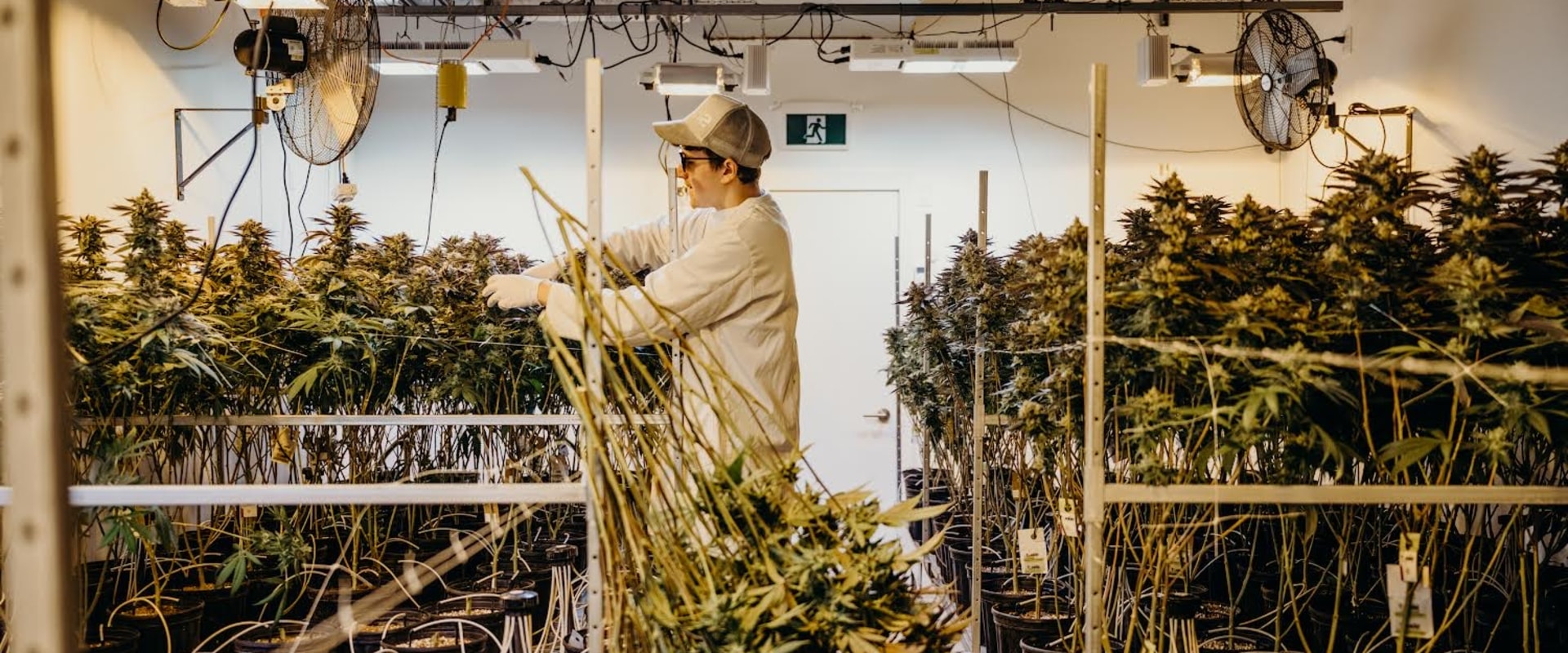The business group Cannabis Council of Canada has warned that the decline in the supply of cannabis at the retail level has led consumers to return to the illicit market. This latest provincial cannabis supply problem has raised concerns about the current state of government marijuana monopolies. As the provincial workers' strike enters its second week, progress in replacing British Columbia's illicit cannabis market is rapidly going up in smoke. Industry experts have warned that the legal shortage of marijuana caused by labor action by the General Employees Union of British Columbia (BCGEU), aggravated by the computer hack of an external supplier this month that paralyzed Ontario's cannabis industry, demonstrates the fragility of provincial monopolies Government-managed cannabis supply chain Canada. Jaclynn Pehota, executive director of the British Columbia Cannabis Retail Council (RCCBC), described a desperate situation among licensed cannabis retailers in the province.
Union members left work in August, and the strike has reduced British Columbia's penetration of the illegal market, which Smitherman said was around 30 percent, trending lower than in other provinces due to what he described as the province's “unique relationship and history with marijuana”.In Ontario, the legal market is estimated at just under 59 percent, according to the latest statistics from the Ontario cannabis store. Ontario ranks first with 41 percent of domestic sales, followed by Alberta with 17 percent and Quebec with 15 percent. Licensed retailers compete against a variety of illicit sellers, ranging from old-school marijuana sellers to traditional retail outlets, particularly in some First Nations reserves. Illegal stores see few supply problems, he said, but warned that illegal marijuana doesn't have the same guarantees of quality and safety found in the legal market. Last July, B., C.
Similar sentiments were expressed earlier this month in Ontario after a cyberattack against Domain Logistics, the cannabis wholesaler's external logistics provider managed by the Ontario government, left stores with dwindling stocks and weeks of interruptions in deliveries. Since unprocessed cannabis cannot be stored, Pehota said that the accumulated inventory becomes less valuable as the strike drags on. The business group Cannabis Council of Canada is calling on the province of British Columbia to develop a contingency plan to safeguard the supply of legal marijuana in the province, as an ongoing strike against the province's monopoly wholesaler leaves some stores with nothing to sell. While British Columbia Liquor Distribution Branch (BCLDB) has stated that BC Cannabis stores continue to operate and serve customers normally, although online orders are not being accepted. Calvin Basran, owner of the Queensborough cannabis dispensary, said that the province's monopoly on the cannabis market will cause a shortage of supplies for consumers. Some of British Columbia's cannabis stores have reported closing their doors and laying off staff after a labor dispute in the public sector prevented the province's marijuana distribution center from shipping products since early August. The effects of this strike could be felt throughout both public and private markets.
Private retailers are not affected directly by this strike but could still suffer from a lack of supply due to it. The Cannabis Council of Canada is urging British Columbia to develop a contingency plan to ensure that legal marijuana remains available for consumers throughout this period.







